You are viewing content from a past/completed conference.
Change Data Capture for Microservices
Abstract
Microservices represent complex business domains in the form of loosely coupled systems, but these don't exist in isolation: services need to propagate data changes amongst each other, in a reliable and scalable way. Also, oftentimes, you don't get to start from scratch, but need to migrate from monolithic legacy applications to microservices.
In this session we'll discuss and showcase how change data capture (CDC) and stream processing can help developers with typical challenges they often face when working on microservices. Come and join us to learn how to:
- Employ the outbox pattern for reliable, eventually consistent data exchange between microservices, without incurring unsafe dual writes or tight coupling
- Gradually extract microservices from existing monolithic applications, using CDC
- Deal with concerns like schema changes and backfilling of change data feeds
We'll explore how open-source technologies, like Debezium and Apache Flink, can help with these tasks; discussing best practices gained from applying these tools in the real world.
Speaker
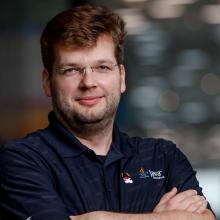
Gunnar Morling
Senior Staff Software Engineer @Decodableco
Gunnar Morling is a software engineer and open-source enthusiast by heart, currently working at Decodable on stream processing based on Apache Flink. In his prior role as a software engineer at Red Hat, he led the Debezium project, a distributed platform for change data capture. He is a Java Champion and has founded multiple open source projects such as JfrUnit, kcctl, and MapStruct. Gunnar is an avid blogger (morling.dev) and has spoken at a wide range of conferences like QCon, Java One, and Devoxx. He lives in Hamburg, Germany.
From the same track
Session
transactions
Amazon DynamoDB Distributed Transactions at Scale
Monday Mar 27 / 02:55PM BST
NoSQL databases are popular for their high availability, high scalability, and predictable performance.
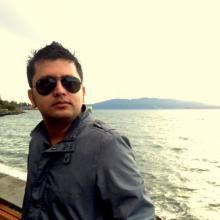
Akshat Vig
Senior Principal Engineer NoSQL databases @awscloud
Amazon DynamoDB Distributed Transactions at Scale
Session
Apache Pinot
Speed of Apache Pinot at the Cost of Cloud Object Storage with Tiered Storage
Monday Mar 27 / 11:50AM BST
For real-time analytics, you need systems that can provide ultra low latency (milliseconds) and extremely high throughput (hundreds of thousands of queries per second).
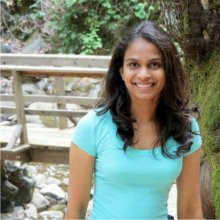
Neha Pawar
Founding Engineer @StarTree
Speed of Apache Pinot at the Cost of Cloud Object Storage with Tiered Storage
Session
processing techniques
In-Process Analytical Data Management with DuckDB
Monday Mar 27 / 05:25PM BST
Analytical data management systems have long been monolithic monsters far removed from the action by ancient protocols. Redesigning them to move into the application process greatly streamlines data transfer, deployment, and management.
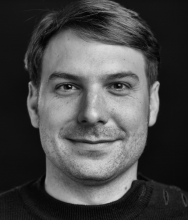
Hannes Mühleisen
Co-founder and CEO @duckdblabs
In-Process Analytical Data Management with DuckDB
Session
raft
Multi-Region Data Streaming with Redpanda
Monday Mar 27 / 04:10PM BST
Real time data streaming platforms such as Redpanda have become a mission critical component in enterprise infrastructure. Multi-region deployments of streaming applications can provide important benefits, such as improved resiliency, better performance and cost reduction.

Michał Maślanka
Software Engineer @Redpanda
Multi-Region Data Streaming with Redpanda
Session
A New Era for Database Design with TigerBeetle
Monday Mar 27 / 10:35AM BST
The pre-recorded video of this presentation will become available within the next few hours.
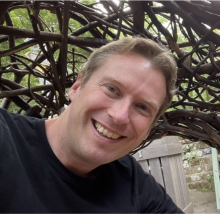
Joran Greef
Founder and CEO @TigerBeetle
A New Era for Database Design with TigerBeetle







